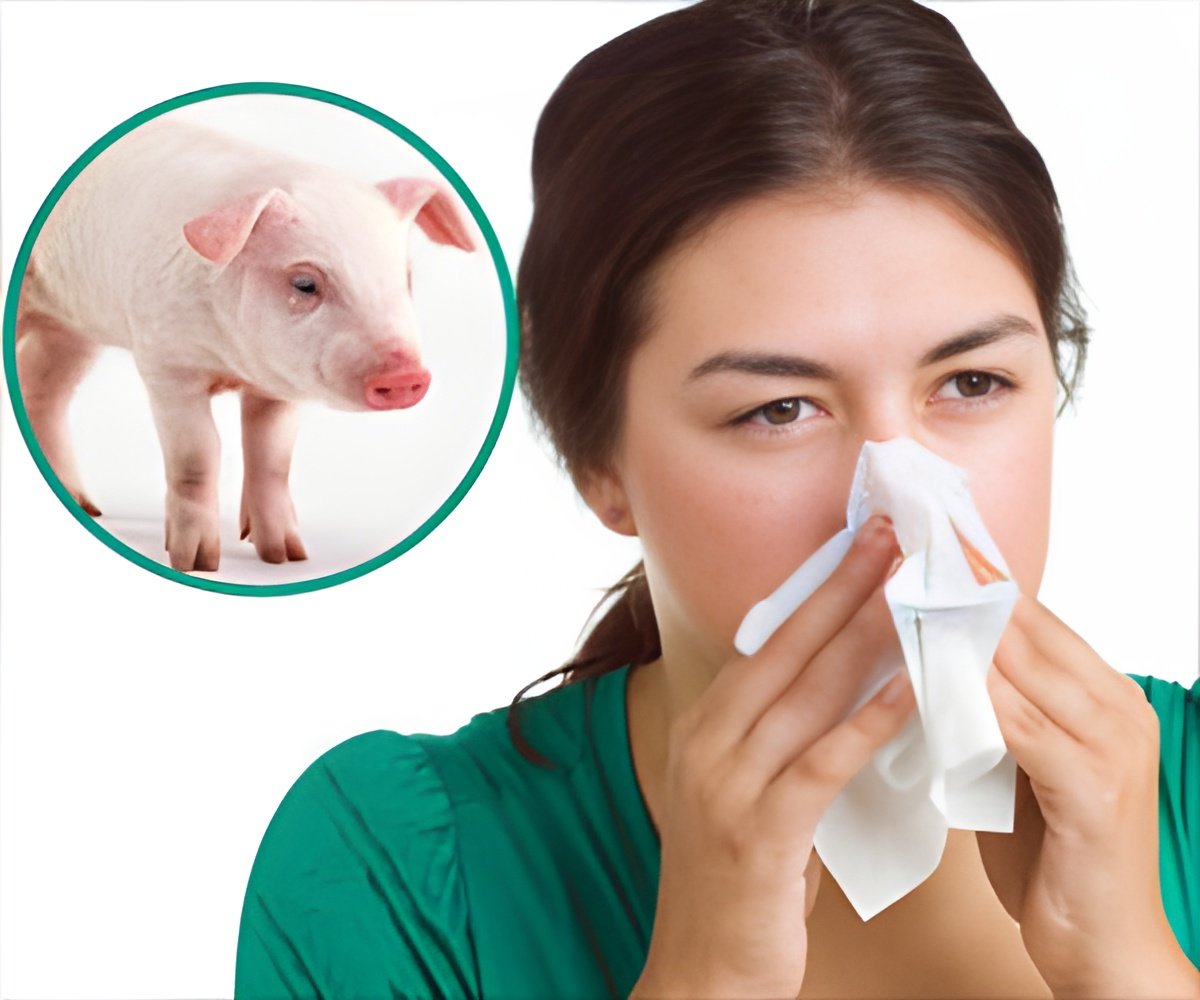The World Health Organization (WHO) had issued a warning in 2010 that in the post-pandemic period, cases and outbreaks due to the H1N1 virus are expected to occur.

Rajendra Rathore, health minister on Thursday expressed sorrow over the death of people in the state. He said that the entire focus of the health department at the moment is on prevention of deaths and spread of the disease.
Now, acting on it, Rathore said, "We will prepare an action plan to deal with such a situation. What we can do at medical college level, to prevent the spread, we will find out."
Heath experts say that swine flu instructions in the Global Alert and Response (GAR) should be taken seriously. Though WHO had clearly mentioned that health authorities need to maintain implementation of outbreak response measures for some time to come as virus would remain for many years, but the government is talking about people not being aware about the disease and not reaching hospitals on time.
"Out of 117 deaths reported (till Wednesday), 77 of them died within two days of their admission to the hospital. Had the people been aware about the disease (reach the hospital for treatment soon after being infected with swine flu), the deaths could have been prevented," Rathore said.
Amid the scare of swine flu, the state government is providing kadha (ayurvedic medicine) claiming that it would develop immunity against swine flu and prevent the spread of the disease. Rathore said, "So far, we have provided kadha to more than 5 lakh people in the state."
Advertisement










